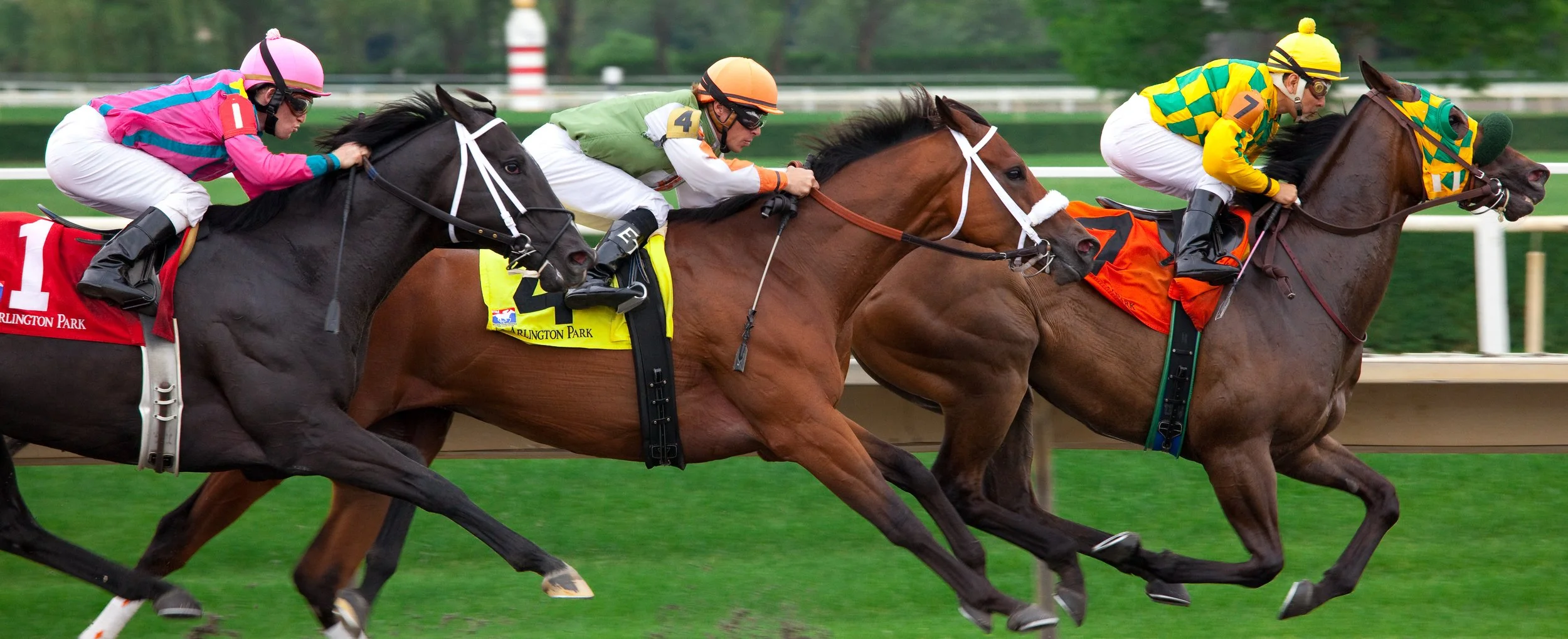By: Wes Bright, Staff Member
There are those in the horse racing industry that feel there might have been some funny business taking place with the Kentucky Horse Racing Commission's vote to phase out Lasix. Among these is Dale Romans. In a letter to the Courier Press, Romans accused one of the biggest proponents of the plan of foul play by stating that "certain members of the Jockey Club, serving on the Racing Commission, have threatened other commission members with expulsion if they vote against the ban of race day Lasix. In my opinion, the underhanded tactics must end."[1] These assertions give cause for an open records request to enlighten us to the Commission's actions regarding this regulation.
The phase out plan passed 7-5 with one abstention. Of the seven that voted yes, a few commissioners stand out. Even though they had an early opportunity to speak, Commissioners Houston and Leavitt failed to comment on their reasoning.[2] Commissioner Lavin voted on the incorrect belief that Lasix does not have an impact on bleeding.[3] Both Commissioner Bonnie and Commissioner Farmer based their decisions on the idea that Lasix is a performance enhancer.[4] An earlier KJEANRL blog post dealing with Lasix puts an end to this argument.[5] These five commissioners either had nothing to say or their reasoning was very weak.
The comments made by Commissioner Jones are also concerning. They focused on the process this regulation went through to reach a vote. Chairman Beck had a "Lasix committee" hold a public forum, but they did not create a report.[6] They simply drafted a regulation that was up for a vote. The regulation did not go through the Drug Research and Rules Committee like most regulations of this type.[7] The Commission did not produce any type of study as to the effects of this regulation.[8] Also, during the April vote, Commissioners Ludt and Pitino voted against the ban of Lasix for all two year olds. However, on the June 13 vote, Pitino was nowhere to be found and Ludt abstained from voting.[9] It is hard to understand why Commissioner Pitino would be missing from this vote on such a big issue. Although we may never know for sure, it seems that there were questionable actions taken in passing the Lasix phase out plan.
_____________________
[1] Dale Romans,
Commentary: Horse trainer urges Kentucky not to ban Lasix drug
,
CourierPress.com
(June 11, 2012), http://www.courierpress.com/news/2012/jun/11/no-headline---ev_12romans-commentary/?print=1.
[2] Transcript of Meeting Minutes at 37-38, Kentucky Horse Racing Commission (June 13, 2012) (transcript of the June 13 meeting of the KHRC where the 7-5 vote was cast).
[3]
Id.
at 38.
[4]
Id.
at 43-48.
[5] Wes Bright,
How Does Lasix Enhance Performance in Horses
,
KJEANRL.com
(Nov. 4, 2012), http://www.kjeanrl.com/search/label/Lasix.
[6]
See
Transcript at 26,
supra
note 2.
[7]
Id.
at 26.
[8]
Id.
[9] Transcript of Meeting Minutes at 104-105, Kentucky Horse Racing Commission (Apr. 16, 2012 (transcript of the April 16 meeting of the KHRC where a 7-7 vote was cast).







